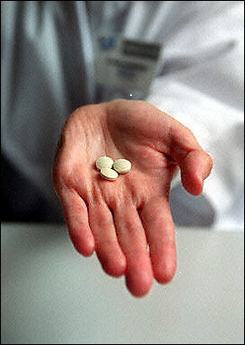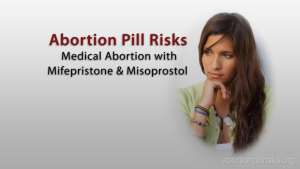First Global Medical Abortion Death from Fatal Clostridium Septicum Infection
 United Kingdom: A 31-year-old U.K. woman has died of an aggressive and rare infection after using mifepristone (Abortion Pill, RU-486) and misoprostol as reproductive healthcare providers and researchers continue to unravel the association of fatal infections linked to medical abortions. (1)
United Kingdom: A 31-year-old U.K. woman has died of an aggressive and rare infection after using mifepristone (Abortion Pill, RU-486) and misoprostol as reproductive healthcare providers and researchers continue to unravel the association of fatal infections linked to medical abortions. (1)
A case report published in the July 2013 issue of Journal of Obstetrics and Gynaecology confirms the discovery of the first known global death case of “Fatal Clostridium septicum following medical termination of pregnancy.” (1)
Clostridium septicum infection in pregnancy is rare. Infections of the uterus with clostridial anaerobic bacteria are relatively uncommon, but they are among the most fatal. (2)
Since 2001, including the U.K. death, twelve women worldwide have been documented to have died from rare fatal bacterial infections involving sepsis, toxic shock syndrome, and gas gangrene after medical abortion with mifepristone and misoprostol. (3)
Cheen Leen Khoo M.D. and her colleagues clinically detailed the rapid and fatal complications experienced by the U.K. patient while in the British hospital in 2010. (1) Outside of the case report findings, Dr. Khoo provided additional information concerning the woman’s prior medical abortion history to give greater insight into this important case. (4) (5)
Note: This United Kingdom 2013 case report has been reported to the Centers for Disease Control and Prevention (CDC) and the United States Food & Drug Administration (FDA). (6) (7)
MedWatch can be used to voluntarily report a serious problem, product use error, or adverse event associated with the use of an FDA-regulated drug.
{ 0 comments }









